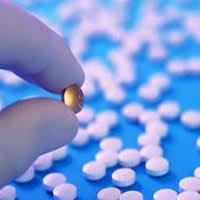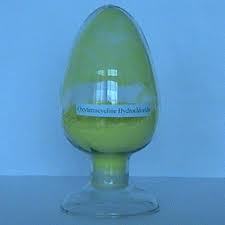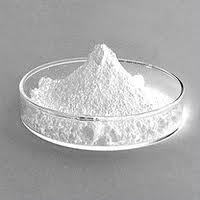Zinc Aspartate
Product Details:
- Shelf Life 5 Years
- Efficacy Promote Nutrition
- Dosage Guidelines After Food
- Dosage Form Tablet
- Storage Instructions Room Temperature
- Click to View more
Zinc Aspartate Price And Quantity
- 25 Kilograms
- 25.00 - 50.00 INR/Kilograms
Zinc Aspartate Product Specifications
- Promote Nutrition
- Tablet
- Room Temperature
- After Food
- 5 Years
Zinc Aspartate Trade Information
- Cash in Advance (CID) Cash Advance (CA)
- 1000 Kilograms Per Day
- 7 Days
- Western Europe North America Eastern Europe Africa Middle East South America Australia Asia Central America
Product Description
Zinc l-aspartate is a chelated zinc supplement. Zinc aspartate is a zinc salt with the amino acid aspartic acid.
Properties:
- Product Name: Zinc Aspartate
- Chemical Names: Zinc aspartate; Zinc asparatate; Bis(aspartato)zinc; EINECS 253-012-5; Dihydrogen bis(L-aspartato(2-)-N,O1)zincate(2-); L-Aspartic acid zinc salt
- Molecular Formula: C8H12N2O8Zn
- Molecular Weight: 329.57 g/mol
- IUPAC Name: zinc;(2R)-2-amino-4-hydroxy-4-oxobutanoate;(2S)-2-amino-4-hydroxy-4-oxobutanoate
- Solubility: It is soluble in dilute hydrochloric acid and insoluble in water.
How does it work:
Supplements containing zinc magnesium aspartate are popular among athletes, bodybuilders, and fitness enthusiasts. Three ingredients make up this product - zinc, magnesium, and vitamin B6. It is claimed that ZMA enhances muscle growth, strength, endurance, and recovery.
Applications Or where it is used:
The drug zinc aspartate is approved for the treatment of zinc deficiency in humans. It regulates growth hormone and sex hormone production. It also protects the body against infections and allergies.
How to use:
It is a mineral supplement that is used to treat and prevent low levels of magnesium in the blood. Many brands are also used to treat symptoms of excess stomach acid, such as stomach upset, acid indigestion and heartburn.
Dosage of usage:
When taken by mouth: Most adults are likely to be safe when taking Zinc by mouth at doses not exceeding 40 mg per day. It is not recommended to take zinc supplements routinely without consulting a healthcare professional. In some people, zinc can cause nausea, metallic taste, vomiting, diarrhea and kidney damage. When taken orally in doses greater than 40 mg daily, zinc may be safe, especially when the doses are short-term. The body might not absorb as much copper if the dose is above 40 mg daily. This might lead to anemia. High doses of zinc are likely to be harmful.
Side effects:
Overdosing may lead to fever, fatigue, coughing, stomach pain, and many other adverse reactions. The risk of prostate cancer doubles when supplemental zinc is taken more than 100 mg daily or for more than 10 years. An excess of 450 mg of zinc a day can lead to blood iron problems. Ten to thirty grams of zinc can be fatal in one dose.
Warnings and precautions while using this product
Infants and children: The recommended amount of zinc taken by mouth is likely safe. The use of high doses of zinc may be unsafe.
Pregnancy and breast-feeding: Most pregnant and breastfeeding women are likely to be safe when they take zinc in the recommended daily amount (RDA).

Price:
- 50
- 100
- 200
- 250
- 500
- 1000+










 : nilesh.sheth70
: nilesh.sheth70
